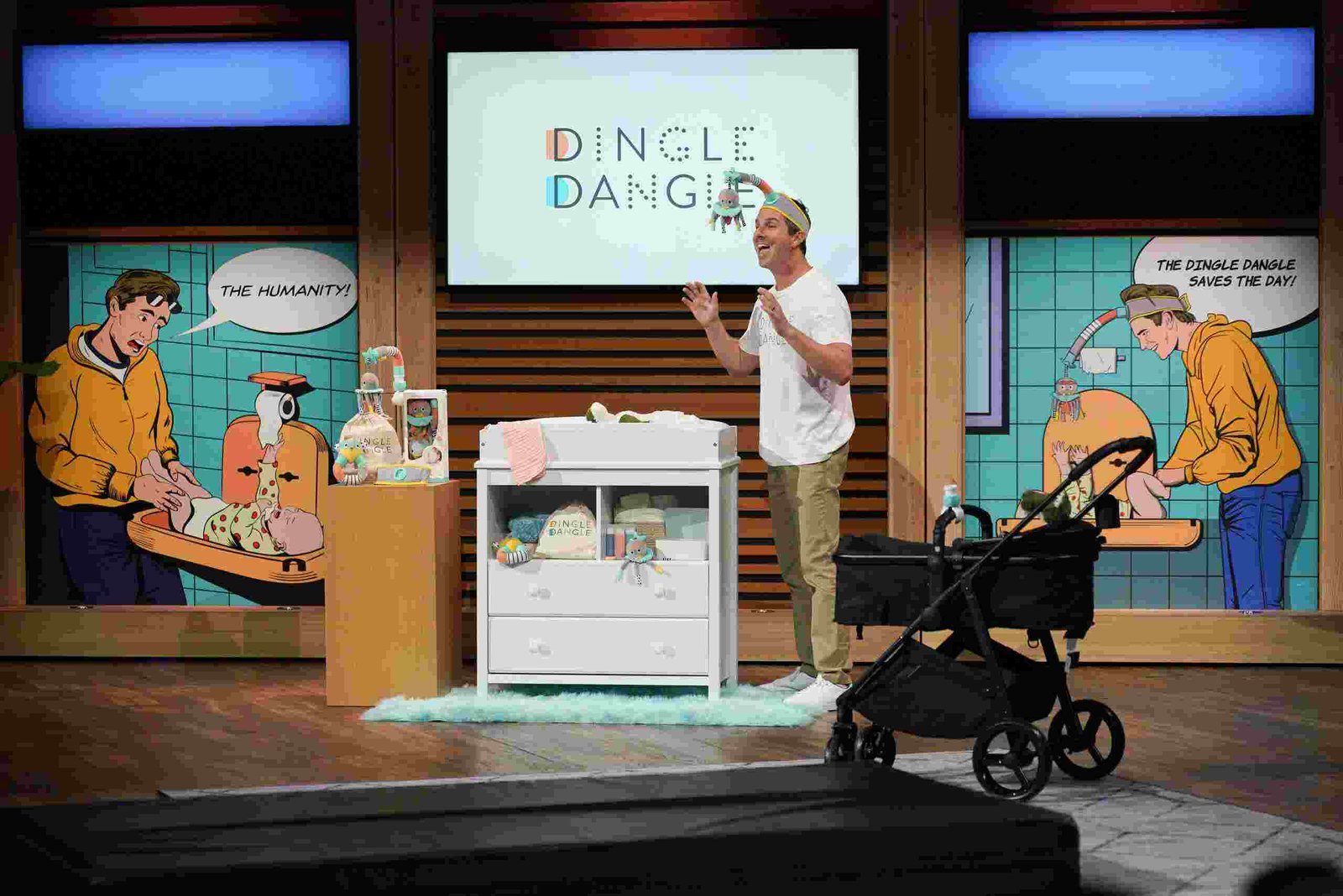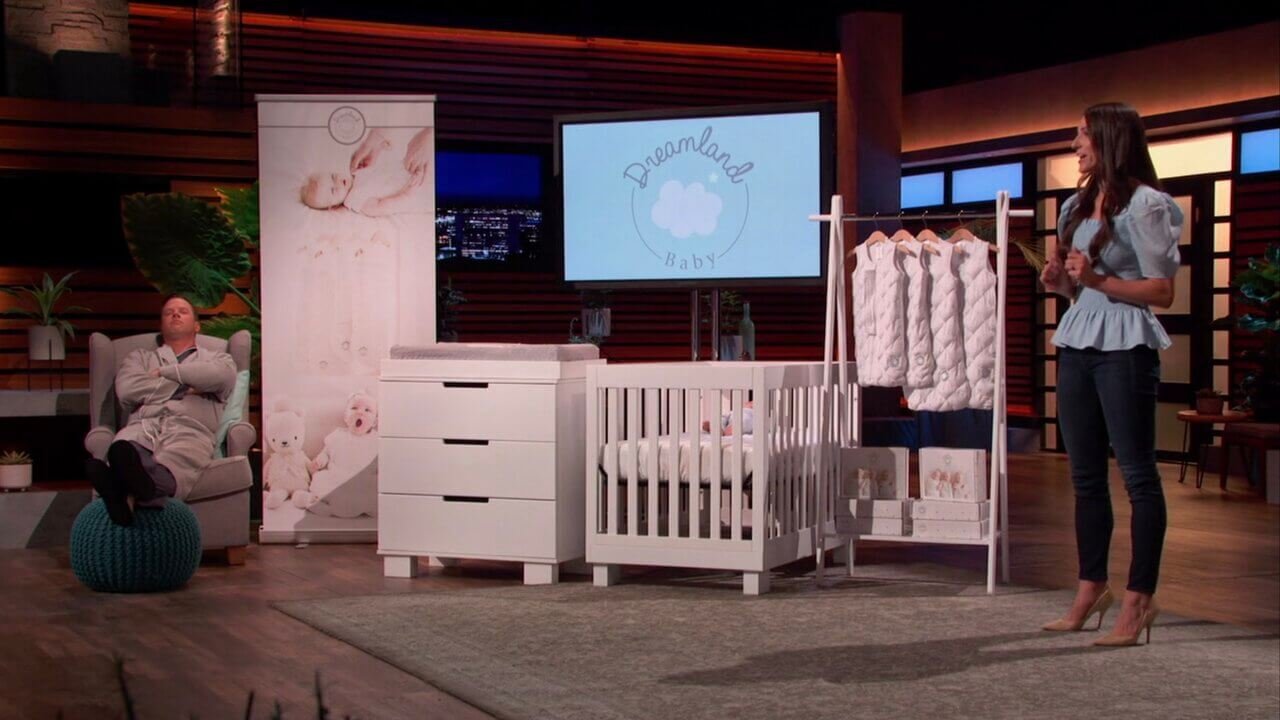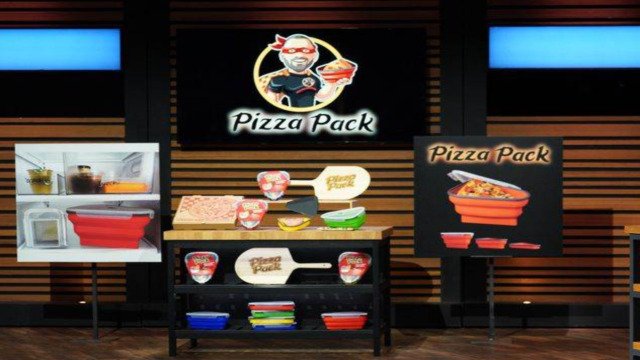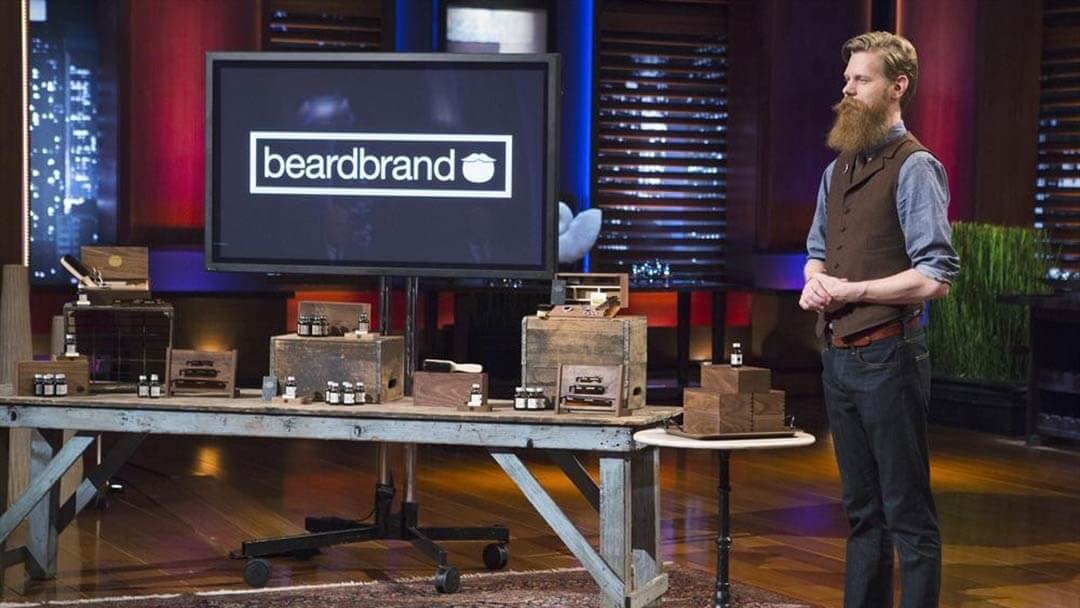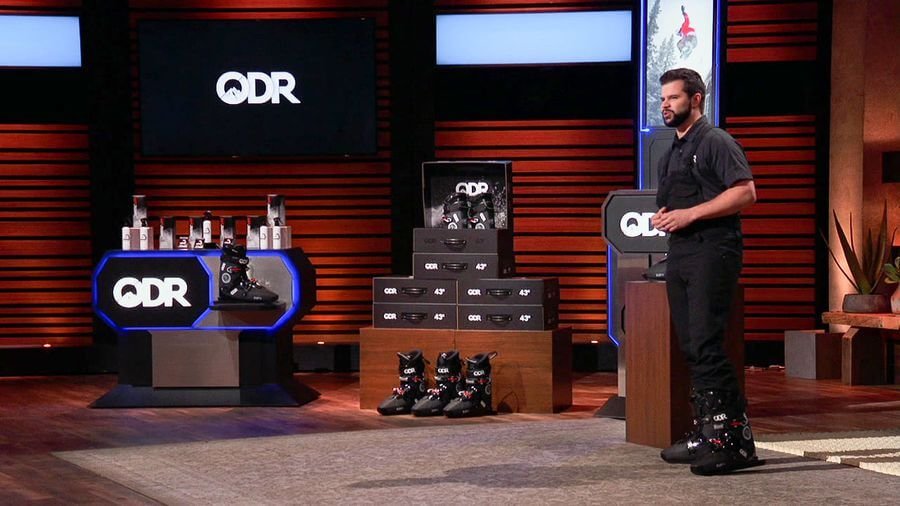Let’s cut the Shark Tank fairy tale—just because you see a handshake on TV doesn’t mean the dollars ever hit the founders’ bank. If you watched Third Wave Water walk away with a deal from Barbara Corcoran, you might think they cashed out and coasted. But as every operator knows, the real game often happens after the cameras stop rolling. Here’s how Third Wave Water played it—smarter and tougher than most—whether or not the sharks followed through.
Contents
ToggleWhat Is Third Wave Water? From Weird Niche to Serious Coffee Goldmine
Third Wave Water took something most people never think about—what’s actually in your water—and turned it into serious business. They make capsules packed with precise minerals you drop into distilled water. That’s it: instantly optimized water for brewing killer coffee, right at home or in a café. It sounds almost silly, until you realize how much obsessed coffee pros care about every variable.
Most Shark Tank products push gadgets or supplements. This? It’s a tiny trick for a serious crowd—baristas, cafes, and big-league coffee competitors. The sharks’ ears perked up. Why? Because sometimes a simple solution for a weird problem turns into a cash machine.

The Founders: Charles Nick and Taylor Minor—Coffee Guys, Not Just Pitch Masters
You want to know if a startup will last? Look at the grit behind the pitch. Charles Nick and Taylor Minor aren’t dreamers in a garage—they’ve both run coffee shops, wrangled espresso machines, and battled for every customer. Nick’s got tech and aviation chops, Minor’s got roasting and shop skills. Neither is afraid of hard work.
The whole capsule idea started when Nick tried to mimic Minor’s famous coffee, only to realize the secret wasn’t in the beans, but the water. One aha! and a few failures later, Third Wave Water was born from pure obsession. That’s the difference: these aren’t outsiders chasing a trend. They are the target customer.

Shark Tank Pitch: Coffee Science, Jaw-Dropping Demo, and the Ask
Let’s talk about the moment everyone remembers—a couple of guys trying to school the Sharks on water chemistry. At first, Mark Cuban and Lori Greiner looked at them sideways. You want people to make their own water? But then comes the taste test. Two identical coffees—one regular water, one with Third Wave Water’s capsule magic.
You could see the sharks’ faces shift. Even the champion barista, Dylan Siemens, backed them live. That’s what you want in a pitch—a simple, unmistakable taste difference you can’t ignore. They asked for $100,000 for 10% equity. Clean, not greedy, and it sets the business at a cool $1 million valuation. That’s knowing your value.
Barbara Corcoran bit. You could see why—she loves niche ideas with cult vibes. But if you think these handshake deals on TV always turn into bank wires, you haven’t played in the startup big leagues. More on that in a minute.
Did They Land a Deal or Not? The Shark Tank Deal Myth
Everyone remembers that on-air handshake. Barbara Corcoran, smiling, promises a fresh hundred grand for 10% of Third Wave Water. Here comes the classic Shark Tank twist: most deals die in due diligence, once the cameras are off and the lawyers crawl out. That’s exactly what happened here.
Online reports and founder interviews (and, yes, my own experience with the post-Tank gauntlet) confirm it—the deal fell apart. No check. No equity swap. I’ve seen this play out a hundred ways. Sometimes a Shark plays hardball, sometimes the numbers don’t add up, sometimes the founders realize the exposure is worth more than diluted equity.
But here’s the entrepreneurial point: if your whole future rests on one investor, you’re already in trouble. The smart money is in what you do after Shark Tank, not what you pocket onstage.
Net Worth and Valuation: What’s Third Wave Water Really Worth?
Let’s break down the numbers—no hype. The guys pegged their business at $1 million on the show. They weren’t overstretching; just calling their shot. SharkWorth, the go-to site for real post-Shark Tank valuations, still pegs them in seven figures, maybe creeping upwards given their cult customer base.
Precise 2024 net worth isn’t public, but let’s read the signals:
- They’re still operating and selling direct-to-consumer.
- They’ve got love from specialty coffee pros—including the competition circuit.
- Their margins are strong (cheap to make, recurring purchase).
- No out of business or acquired rumors anywhere.
- Their site, socials, and trade show presence are all current.
You don’t run a specialty product like this for years without a bottom line that hums. There’s no viral As Seen on TV hockey stick, but steady growth, deep loyalty, and respect. Some brands boom, flame out, and vanish. This one is still in the seven-figure club and rising.
What Makes Third Wave Water Different? Why Smart Water Isn’t Just Hype
Forget buzzwords like disruption. Here’s the real edge: Third Wave Water solves a problem only coffee nerds care about, but care about hard. Water is the unsung hero of every good cup. Tap water can wreck great beans with minerals that change taste, and not every barista wants to mess with home chemistry sets.
Drop a capsule in a gallon of distilled or RO water, and—boom—you get the exact mineral profile top café competitors obsess over. That’s the trick: precision, convenience, consistent coffee results every time.
Who’s buying?
- Hardcore home espresso geeks
- Serious coffee shops and roasters
- Anyone competing in coffee championships
It’s niche. But niche is powerful if you own it and build trust—think Oatly for baristas or Scrub Daddy for…well, everyone who loves clean sponges.
Is Third Wave Water Still Kicking in 2024? Business Status Check
If you want to separate Shark Tank winners from wannabes, here’s the test: are they still rolling three, five, or seven years later? Third Wave Water passes with flying colors.
They’re live online, selling direct, and bundling new product flavors for both pros and passionate home baristas. These capsules show up in the hands of U.S. Brewers Cup champs—the exact crowd you want. There’s zero sign of retreat. They’ve got a tighter brand, better packaging, and even smarter market moves lately. The coffee world respects them.
No acquisition, no closure rumors, just cold hard product hustle.
Lessons for Entrepreneurs: What’s the Real Takeaway?
You tuned in for the drama, but here’s the playbook any real founder should steal from Third Wave Water:
- Pitch with proof—don’t just pitch an idea, bring a taste test and shock people into belief.
- Know your numbers—don’t lowball your own value, and don’t bluff with a pie-in-the-sky ask.
- Exposure matters—Barbara didn’t close the deal, but millions watched Third Wave Water anyway.
- DTC over dependency—sell to your crowd, not just the sharks. They used Shark Tank to supercharge their email list, web sales, and press clippings.
- Don’t drown after TV—too many founders flame out chasing the Shark’s approval. These guys just kept selling, innovating, and showing up at the industry’s big events.
- Serving a small market can be better than pleasing everyone—if they trust you, they’ll skip cheaper copycats.
Smart move after smart move. That’s what separates the grown-ups from the one-hit wonders.
Conclusion: The Real-World Aftermath—Beyond the Pitch Room
Shark Tank gives you ten minutes to rewrite your future, but real business is built after the lights go off. Third Wave Water didn’t just pitch a product—they lived their customer’s pain, sold a simple solution, and built trust with the right people.
Did they close the TV deal? No.
Did it matter? Not at all.
They got the exposure, owned their market, and built a brand that stands strong in 2024. That’s how you win—by grinding, iterating, and delivering value people come back for month after month.
So, whether you’re dreaming of a spot on Shark Tank or just trying to make rent with your next launch, remember: the real money is in building something niche, sticky, and real. Sometimes the handshake is just the beginning—what you do after is what counts.
Now, get back to work. The next Third Wave Water could be yours.
FAQs
Is Third Wave Water still in business?
Yes, absolutely. Third Wave Water is alive, kicking, and still respected by coffee insiders and enthusiasts in 2024.
Did Third Wave Water close a deal with Barbara Corcoran?
No. They shook hands on TV, but like a lot of Shark Tank deals, it didn’t make it past due diligence.
What was Third Wave Water’s valuation on Shark Tank?
They pitched at a $1 million valuation—backed by real sales, Kickstarter proof, and coffee-world buzz.
What do Third Wave Water capsules actually do?
They mineralize distilled or RO water to match ideal coffee specs, making any coffee taste better to trained palates.
How much do Third Wave Water packs cost?
Expect about $15 for a 12-pack (single gallon) or $25 for a 12-pack that treats five gallons each.
Who buys Third Wave Water?
Hardcore home baristas, specialty cafes, and competition professionals—the picky crowd that knows great coffee starts with the right water.
Did Shark Tank help Third Wave Water grow?
Absolutely—it boosted credibility, web sales, and brand trust, even with no deal. Exposure like that? Priceless.
Any signs they’re shutting down or being acquired?
None. They’re still selling, innovating, and owning their niche.
If you want numbers and more on these brands, check SharkWorth—one of the few places tracking real post-show stats.
Third Wave Water made the most of Shark Tank, but their real win? Building slow and steady, with gritty founder hustle you just can’t fake.


